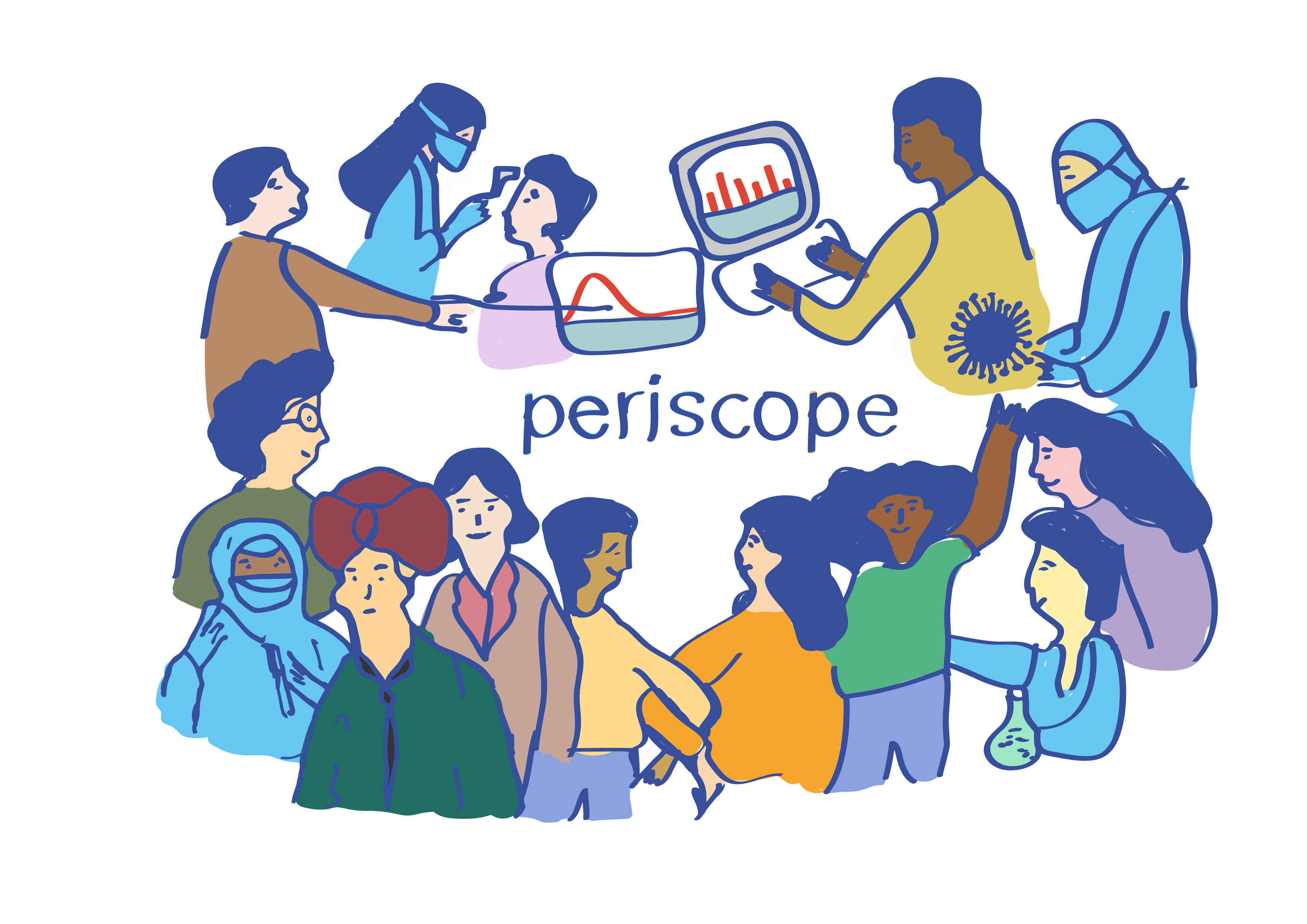
On 18 and 24 June, the PERISCOPE project opened its doors to health authorities and policymakers through two co-creation workshops in the framework of the Working Group on Holistic Policy Guidance for Resilience and Sustainability. Through a broad discussion with researchers and experts, the workshops aimed at identifying the challenges and needs due to COVID-19 of policymakers and health authorities to deliver universal policy guidance and training packages for dealing with current and future health emergencies. Listening to the voices of those in charge of making and implementing crucial decisions is the ideal starting point to understand the limits and potential of response to pandemics.
As local health authorities and policymakers, EUREGHA members could not miss this appointment, and Northern Ireland (NI), Catalonia (ES), Viken County (NO), and Lower Austria (AT) actively participated in the debate. EUREGHA interviewed some participants to gain a deeper understanding of the feelings and comments arising from the two workshops.
The comparison with the experiences of other regions and countries opened up more horizons about the challenges faced by other realities in different political, social, and economic contexts, allowing participants to go beyond their localised vision. According to the participants, the workshop showed how regional experiences were similar and how they have developed similar positions on crucial topics despite the peculiarities of the cases. In addition, the presence of researchers linked to PERISCOPE conveyed more awareness of sustainability and resilience principles, with which politicians tend to deal more in practical terms. According to Northern Ireland, it was effortless to set up discussions because the language was not academic but very practical and applicable in dealing with the challenges society is facing. This approach significantly increased the engagement of participants in the discussion.
The division into thematic break-out rooms allowed participants to sit at several tables and discuss the issues to which they are most sensitive. As pointed out by Northern Ireland, it was interesting to note that some of the most relevant issues were related to the long-term effects of the pandemic, such as support to the elderly and mental health diseases. Viken County found in the group dedicated to inequalities fertile ground to discuss issues related to the mental health of vulnerable groups. The debate shed light on the need to promote a more structured debate on this challenge, especially concerning the mental health of children and young people. In light of what emerged, Viken County’s message to convey to PERISCOPE and, in general, to policymakers is to embed the mental health and well-being dimension in the holistic policy guidelines. This may be a vital step in finding universal solutions for young people in a health promotion way.
On the other side, Northern Ireland highlighted the deep focus on digital, which will play a key role in building sustainable and resilient health and economic systems. However, among the shared visions, the need for evidence-based decision-making and transparency at every level of the system must be on the top of the political agenda. The principle of transparency should guide any policy strategy and decision, as it is essential to build trust between people. For this reason, promoting it in the holistic policy guidance may be the secret ingredient to make the PERISCOPE guidance universal and strongly shared by health authorities and policymakers.


